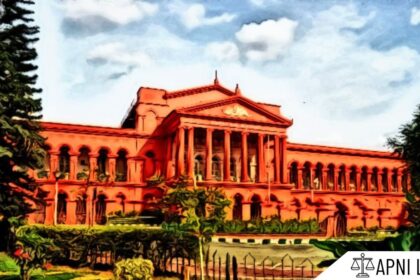Code: Section 17 of the Hindu Adoptions and Maintenance Act, 1956
(1) No person shall receive or agree to receive any payment or other reward in consideration of the adoption of any person, and no person shall make or give or agree to make or give to any other person any payment or reward the receipt of which is prohibited by this section.
(2) If any person contravenes the provisions of sub-section (1), he shall be punishable with imprisonment which may extend to six months, or with fine, or with both.
(3) No prosecution under this section shall be instituted without the previous sanction of the State Government or an officer authorised by the State Government in this behalf.
Explanation of Section 17
Section 17 of the Hindu Adoptions and Maintenance Act, 1956 imposes a strict prohibition on any form of payment or reward in connection with the adoption of a child. The intention behind this provision is to prevent commercialization, exploitation, or trafficking under the guise of adoption.
This section applies to both parties involved in the adoption process:
- The person receiving or agreeing to receive a payment or reward.
- The person offering or agreeing to offer such payment or reward.
Violating this provision is considered a criminal offense and may result in imprisonment, a fine, or both. However, the law also ensures that no prosecution can be initiated under this section without the express sanction of the State Government or an authorized officer. This safeguard ensures that frivolous or politically motivated complaints are avoided.
Illustrations
Example 1: Illegal Financial Agreement
An individual agrees to pay a sum of money to a woman for adopting her child. This agreement violates Section 17. If reported and sanctioned by the State Government, the person may face legal prosecution and penalties.
Example 2: Adoption Facilitator Taking Payment
A middleman takes a “commission” from adoptive parents in exchange for arranging an adoption. Such a transaction is prohibited under Section 17 and is punishable under sub-section (2), subject to State Government sanction for prosecution.
Common Questions and Answers
1. What types of payments are prohibited under Section 17?
Any form of payment or reward—monetary or otherwise—given or agreed to be given in exchange for adoption is strictly prohibited.
2. Who can be punished under this section?
Both the giver and the receiver (or those who agree to give or receive) of such payments can be punished.
3. What is the punishment for violating Section 17?
Punishment may include imprisonment for up to six months, a fine, or both.
4. Can a person be prosecuted without government approval?
No. A prosecution under Section 17 can only proceed with the prior sanction of the State Government or an officer authorized by it.
5. Are donations to orphanages or agencies considered payments under Section 17?
General donations made without any link to a specific adoption may not fall under Section 17. However, if a donation is a condition or consideration for adoption, it may be viewed as a violation.
Conclusion
Section 17 of the Hindu Adoptions and Maintenance Act, 1956 plays a vital role in preserving the sanctity and legality of adoptions in India. By prohibiting any form of payment or reward in the adoption process, it safeguards children and ensures that adoption is conducted ethically and lawfully. The requirement for State Government sanction before prosecution also balances enforcement with protection against misuse.
For trusted legal advice and resources on adoption law, visit ApniLaw.








